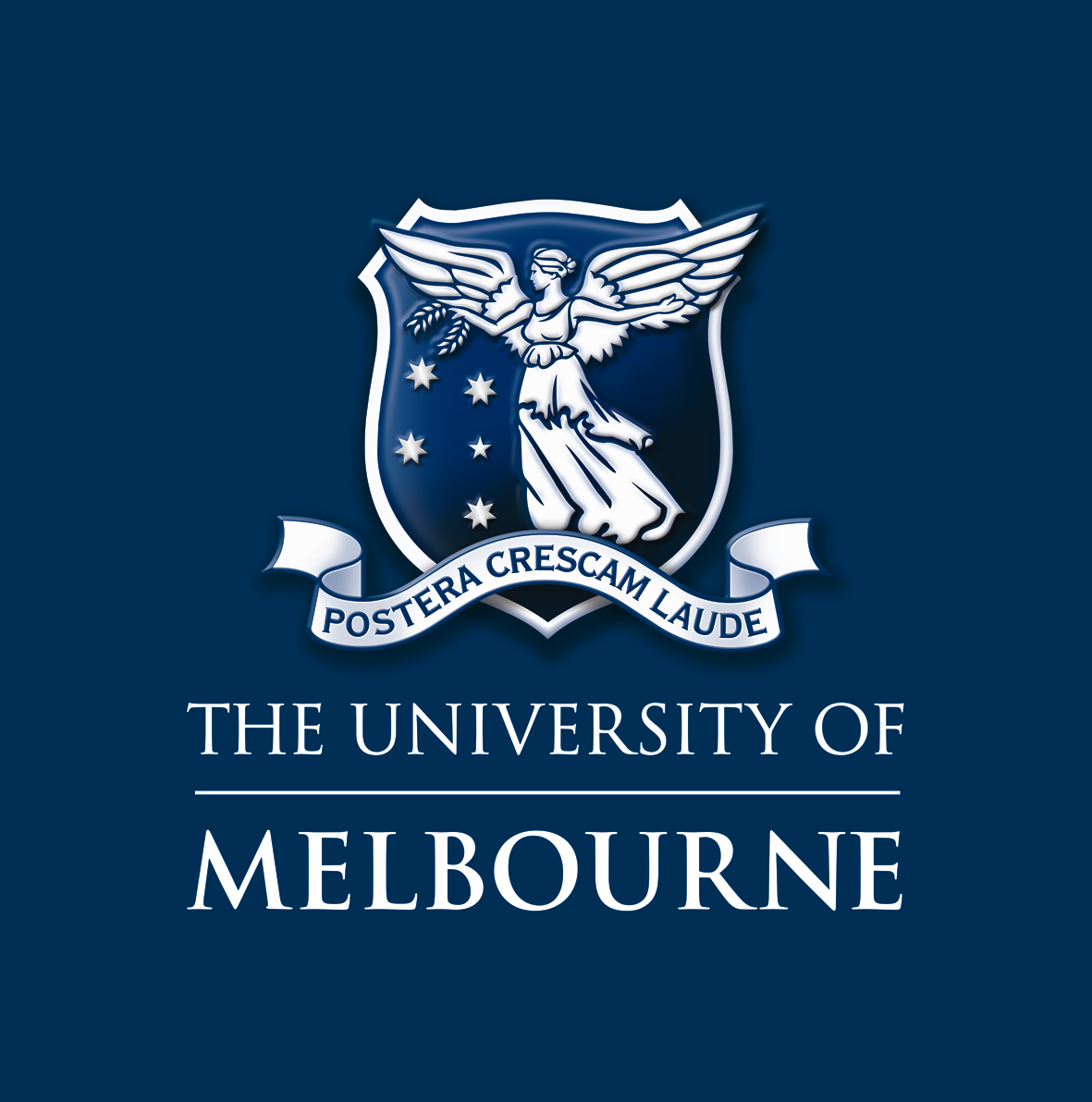Project: Determining the effector pathways used by memory T cell subsets to clear malaria parasites from the liver
Heath Group
Destruction of malaria parasites in the liver requires large numbers of malaria-specific memory CD8+ T cells. These cells are equipped with an arsenal of cytolytic (e.g. perforin and granzyme) and non-cytolytic (e.g. IFN-g and TNF) tools to kill infected hepatocytes, but it is not known how this process occurs. The contribution of these pathways in protection from liver stage malaria will be assessed using knockout mice deficient in one or more of these pathways.
Contact project supervisor for further
information and application enquiries
Heath Group
3 vacancies


The Heath group is interested in the immune response to pathogens, particularly to malaria, which is still a major cause of mortality worldwide. We study T cell responses with the aim of improving vaccine strategies and focus on T cell responses in the skin, the liver and lymphoid organs including the spleen. Our lab recently discovered a population of resident memory T cells within the liver that are capable of protecting against malaria infection. These and other cells are currently being studied.
Heath Group Current Projects
-
Development of a malaria-specific mRNA vaccine
Master of Biomedical Science, Honours
-
Determining the effector pathways used by memory T cell subsets to clear malaria parasites from the liver
Master of Biomedical Science, Honours



